An Introduction to WWI Poetry
Introduction: WWI Poetry and 'Injury'
This seminar is intended as an introduction to First World War poetry. In order to provide a focus for this seminar, all of the 'featured' poems have been selected for their appropriateness to a given theme. The theme selected is that of injury and the physical, mental and other consequences of this.
The Poems
In most cases each poet or topic includes the following:
- An introduction to the poet/topic
- A featured poem, appropriate to the seminar's theme
- Some literary criticism of the featured poem
- Other relevant information or texts
- A selection of other poems appropriate to the poet/topic
Wilfred Owen 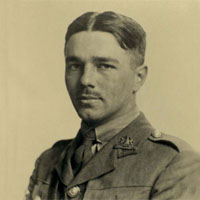

Image © English Faculty Library, University of Oxford / The Wilfred Owen Literary Estate
Siegfried Sassoon 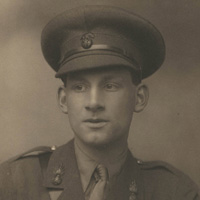

Image © The Harry Ransom Center / The Siegfried Sassoon Literary Estate
Rupert Brooke 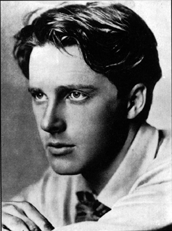

Image © Hulton Getty
Edward Thomas 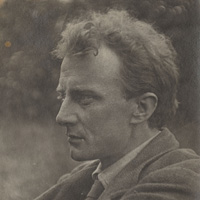

Image © The National Library of Wales/ The Edward Thomas Literary Estate
Isaac Rosenberg 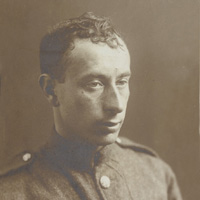

Image © Imperial War Museum / The Isaac Rosenberg Literary Estate
Women's Poetry 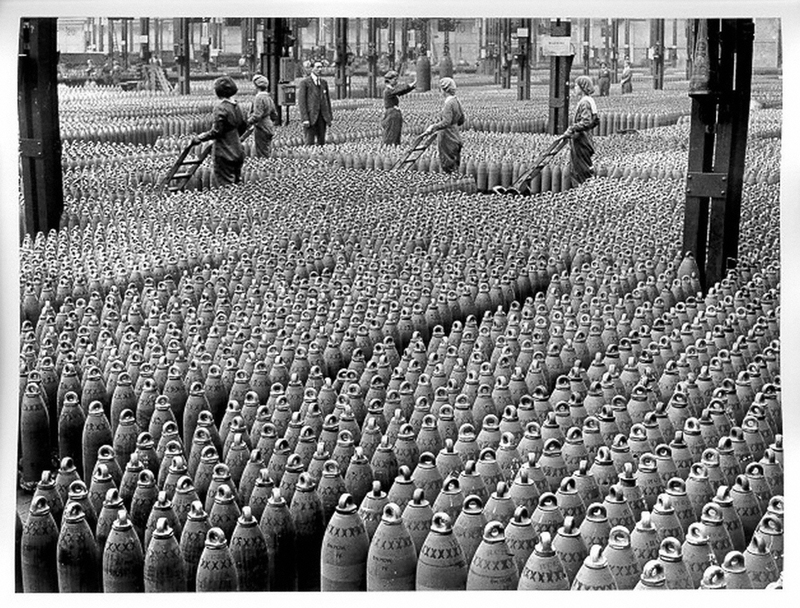

Image © Imperial War Museum
Trench Poetry and Songs 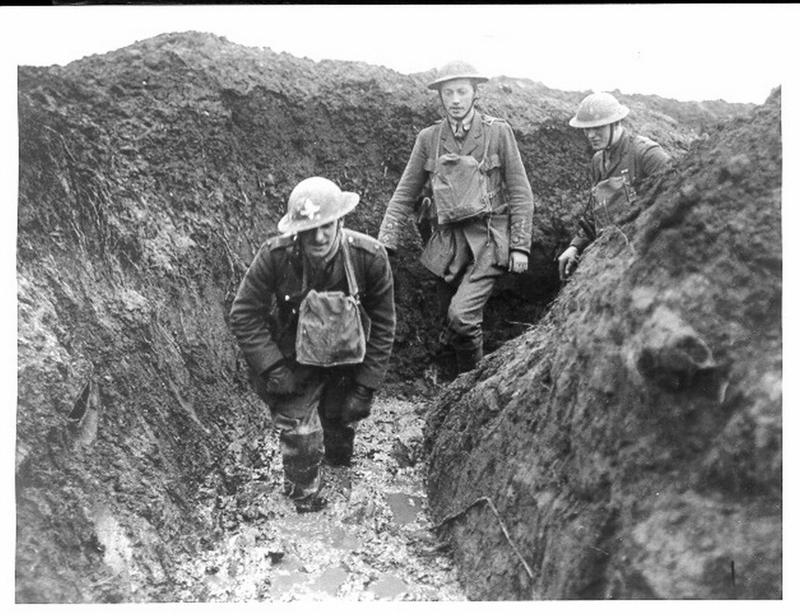

Image © Imperial War Museum
Introductory Discussions
References & Notes
- The Oxford Book of War Poetry, ed. Jon Stallworthy (Oxford University Press, 1984)
- The Price of Pity, Martin Stephen (Leo Cooper, 1996)
- Regeneration, Pat Barker (Penguin Books, 1992)
- Yeat's comments on WWI Poetry
- I have a distaste for certain poems written in the midst of the great war; they are in all anthologies, but I have substituted Herbert Read's 'End of a War' written long after. The writers of these poems were invariably officers of exceptional courage and capacity, one a man constantly selected for dangerous work, all, I think, had the Military Cross; their letters are vivid and humorous, they were not without joy — for all skill is joyful — but felt bound, in the words of the best known, to plead the suffering of their men. In poems that had for a time considerable fame, written in the first person, they made that suffering their own. I have rejected these poems for the same reason that made Arnold withdraw his 'Empedocles on Etna' from circulation; passive suffering is not a theme for poetry. In all the great tragedies, tragedy is a joy to the man who dies; in Greece the tragic chorus danced. When man has withdrawn into quicksilver at the back of the mirror no great event becomes luminous in his mind; it is no longer possible to write 'The Persians', 'Agincourt', 'Chevy Chase': some blunderer has driven his car on to the wrong side of the road — that is all.
- If war is necessary, or necessary in our time and place, it is best to forget its suffering as we do the discomfort of fever, remembering our comfort at midnight when our temperature fell, or as we forget the worst moments of more painful disease.
- The Oxford Book of Modern Verse 1892–1935', ed. W.B.Yeats (OUP, 1936) Introduction pp. xxxiv–xxxv sect XV
Previous: Back to Tutorials
